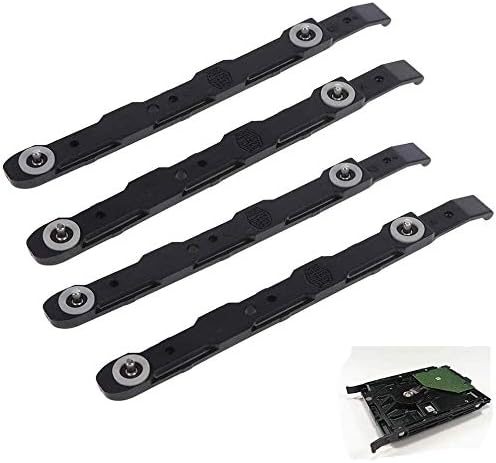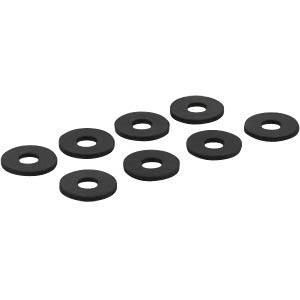I would like some advice regarding an issue I'm having with a new WD Black 8TB HDD. I got it on sale a couple months ago, but when I plugged it in, it started clicking after about a week of usage. The clicks started becoming more frequent and by the time I took it out, there was a click every 5 or so seconds. I ran a SMART test on it before I took it out, everything came up good using CrystalDiskInfo, Hard Disk Sentinel, and WD Drive Utilities. Despite this, when I ran the tests, there was a major grinding sound on the drive (see video) that was significantly louder than the general read/write noise. I submitted a ticket to WD and they issued an RMA, but I had to pay return shipping.
With the replacement drive, the first thing I did when I installed it was to run a SMART test, and the grinding noise occurs again. I even had my friend test it on his Mac and his PC, so I don't think it's my case or my cables. Here is the noise from his test (see audio).
At this point, I'm wondering if I should do another RMA or just refund it. The shipping back to WD is not exactly cheap, and I asked for a shipping label, but they just said it was my responsibility to pay. I'm worried that I will get another defective drive and just lose out on the savings that I got from buying this drive on sale in the first place. If anyone knows the cause of this issue and can help me sort it out, I would greatly appreciate it. My specs are:
Ryzen 5600x
Asus Tuf RTX 3080
AsRock Steel Legend B550
2 x WD SN550 1TB SSD
Corsair 4000D Airflow
WD Black 8TB HDD
Thanks.
With the replacement drive, the first thing I did when I installed it was to run a SMART test, and the grinding noise occurs again. I even had my friend test it on his Mac and his PC, so I don't think it's my case or my cables. Here is the noise from his test (see audio).
At this point, I'm wondering if I should do another RMA or just refund it. The shipping back to WD is not exactly cheap, and I asked for a shipping label, but they just said it was my responsibility to pay. I'm worried that I will get another defective drive and just lose out on the savings that I got from buying this drive on sale in the first place. If anyone knows the cause of this issue and can help me sort it out, I would greatly appreciate it. My specs are:
Ryzen 5600x
Asus Tuf RTX 3080
AsRock Steel Legend B550
2 x WD SN550 1TB SSD
Corsair 4000D Airflow
WD Black 8TB HDD
Thanks.




